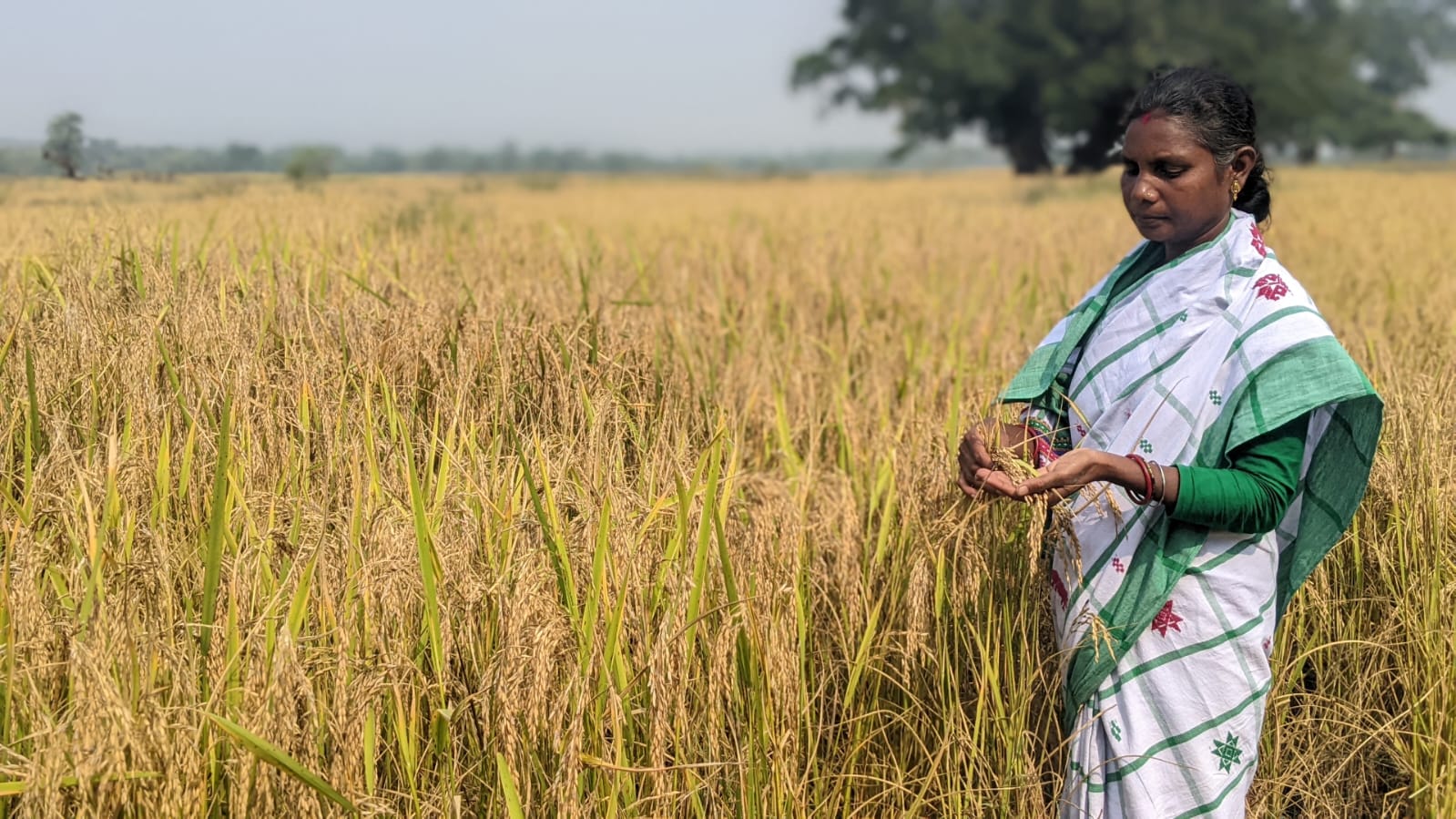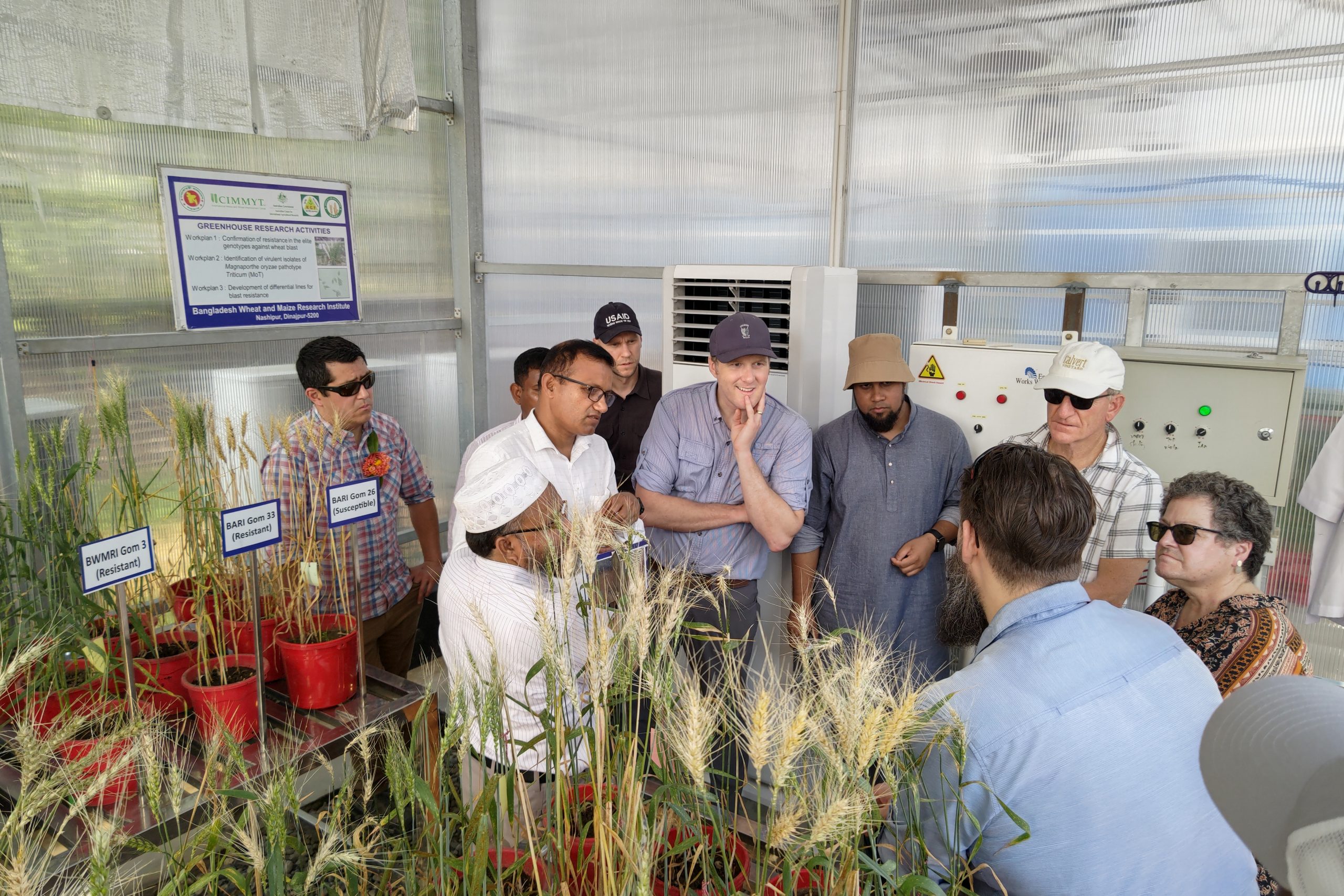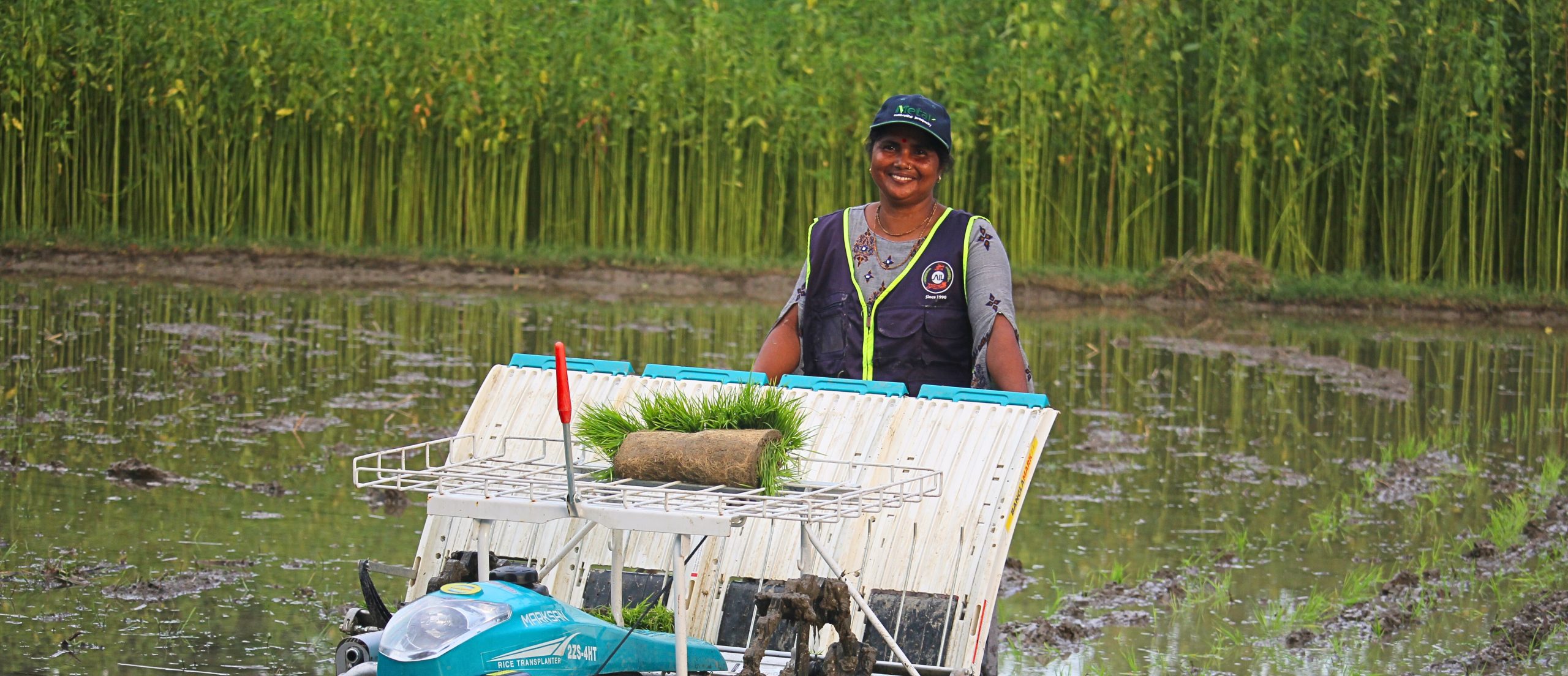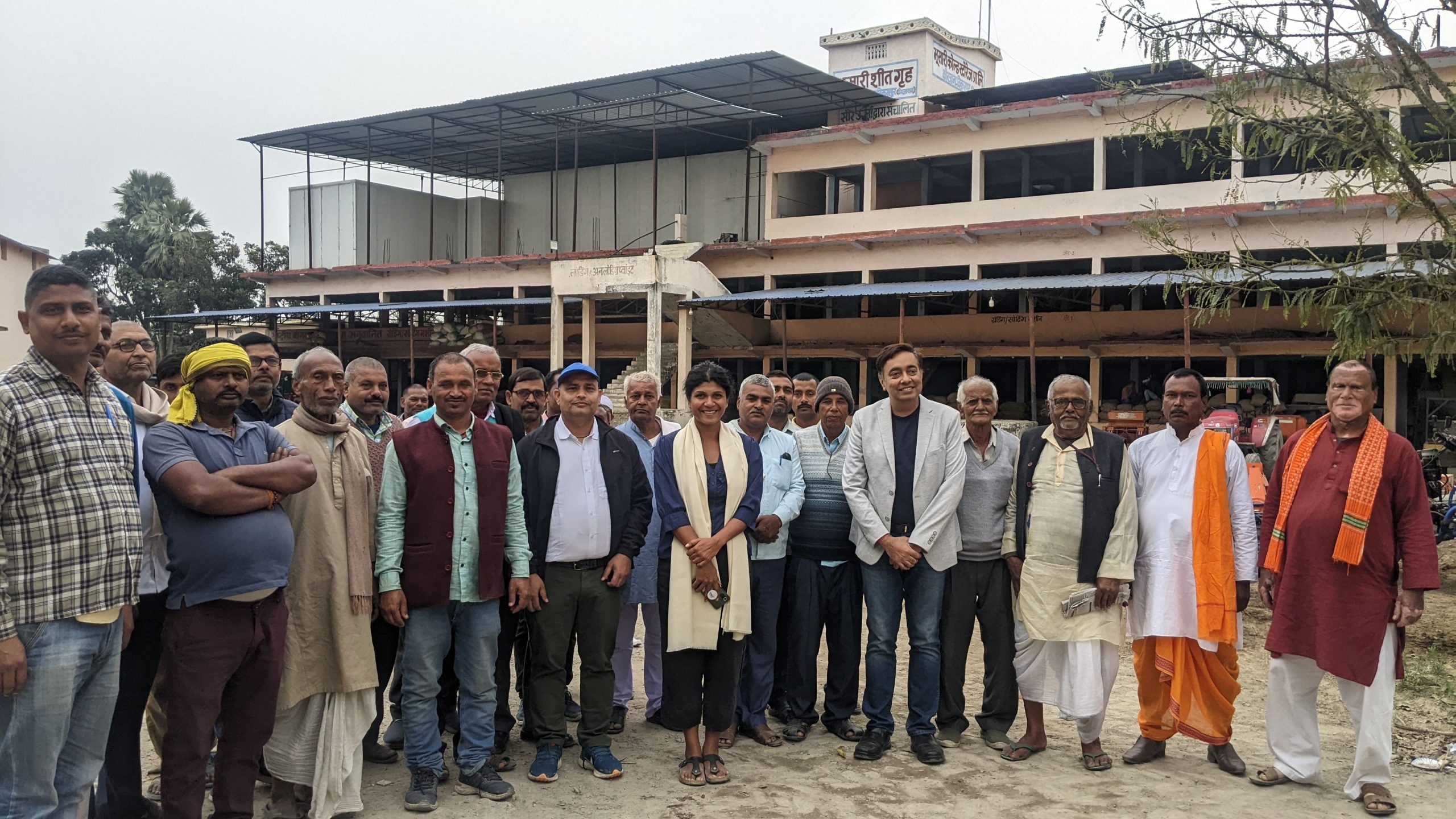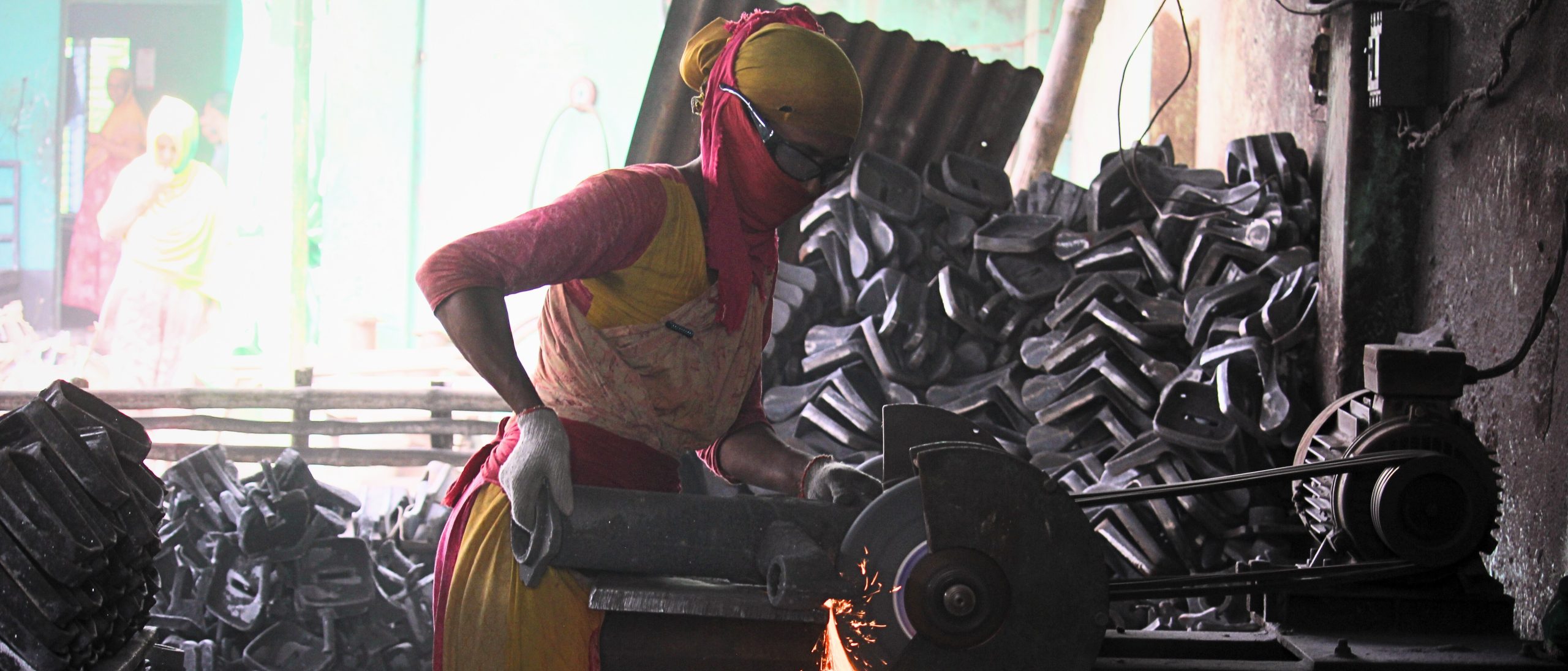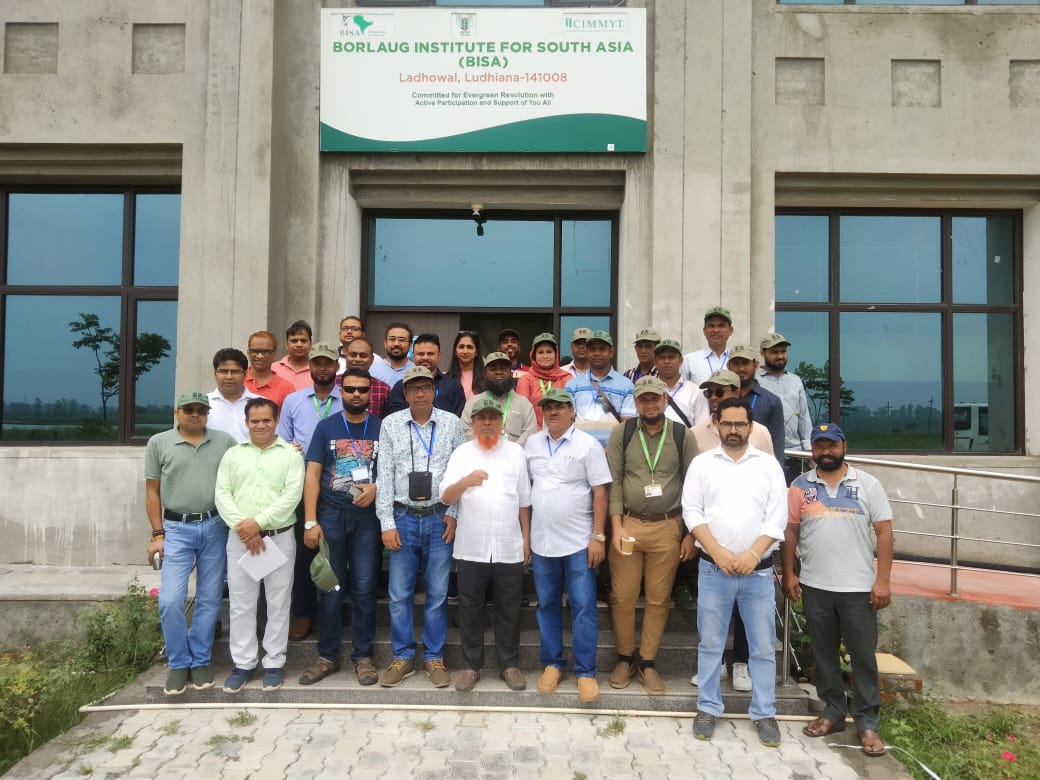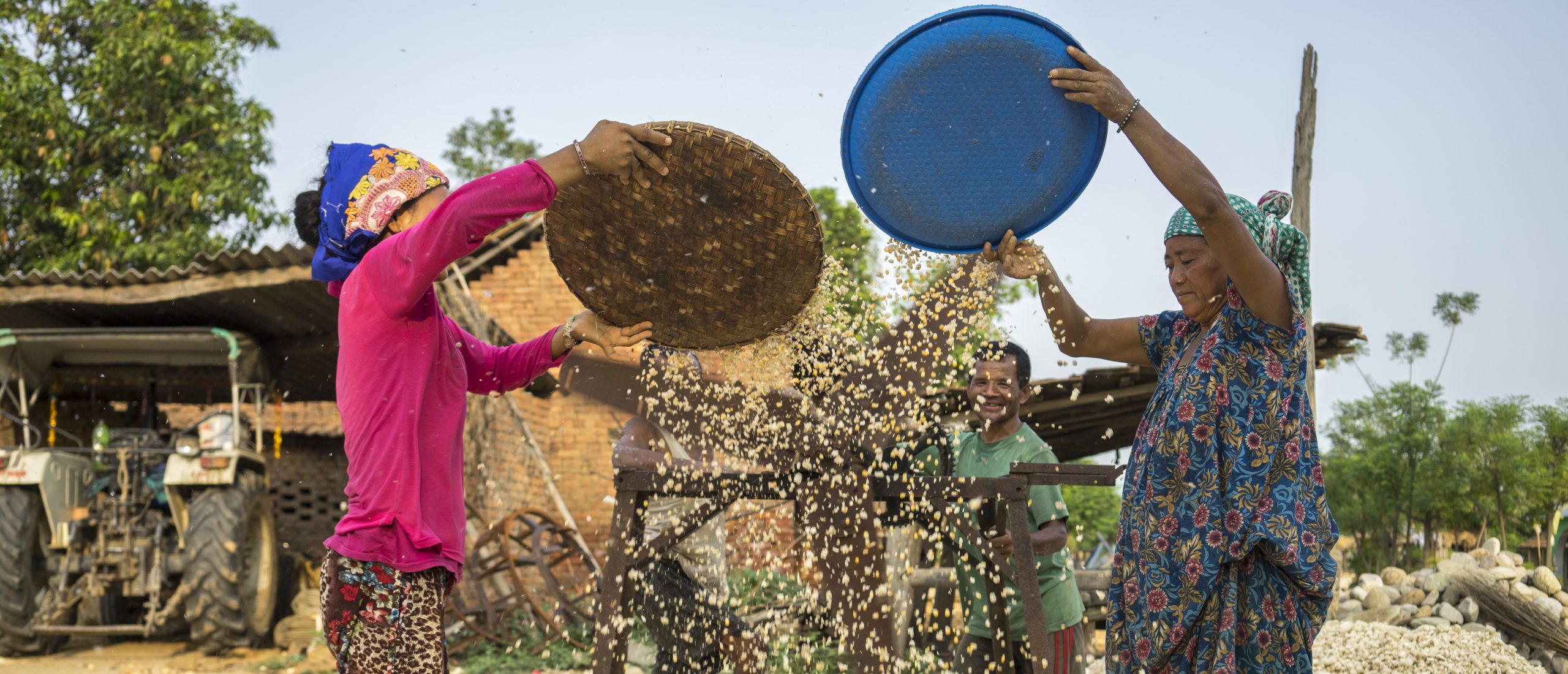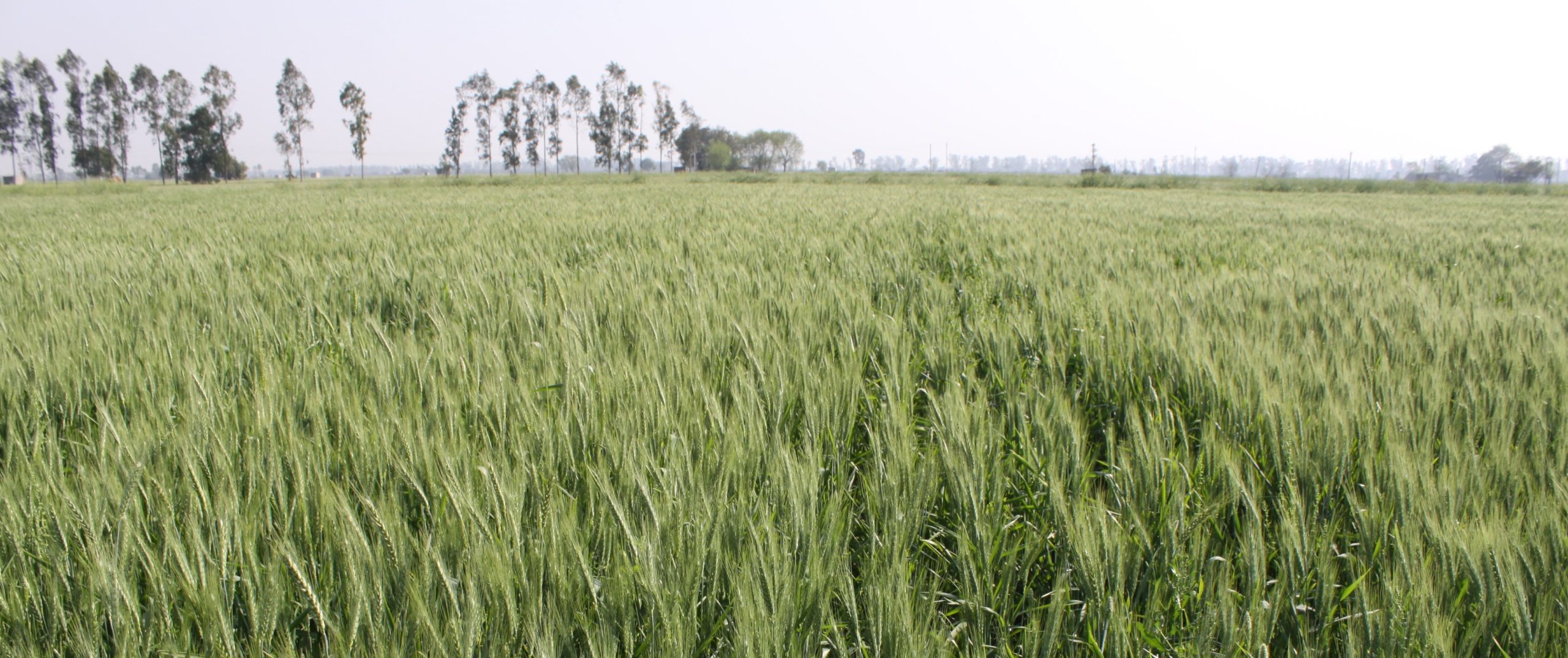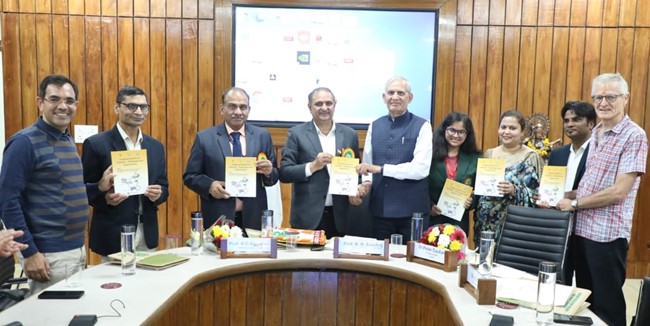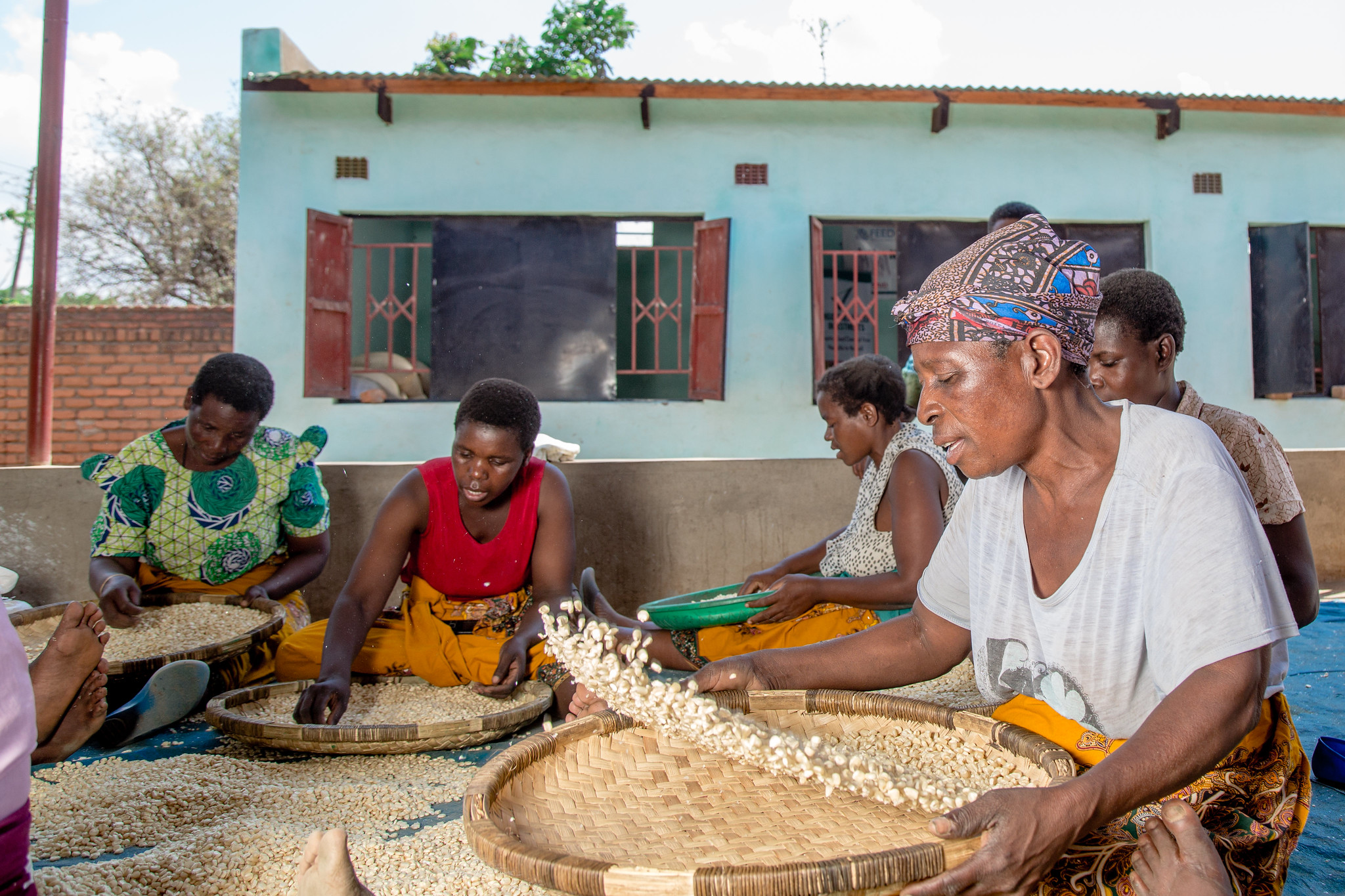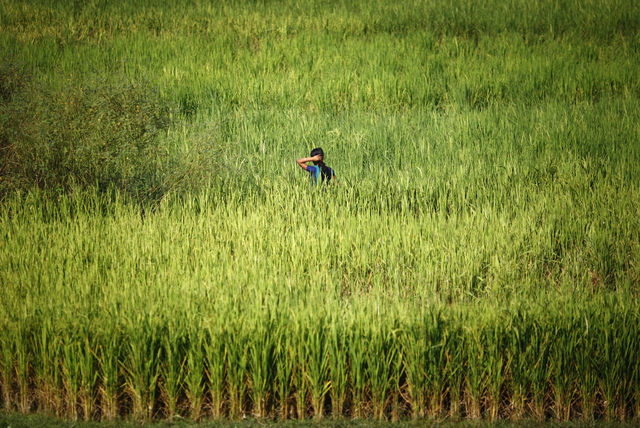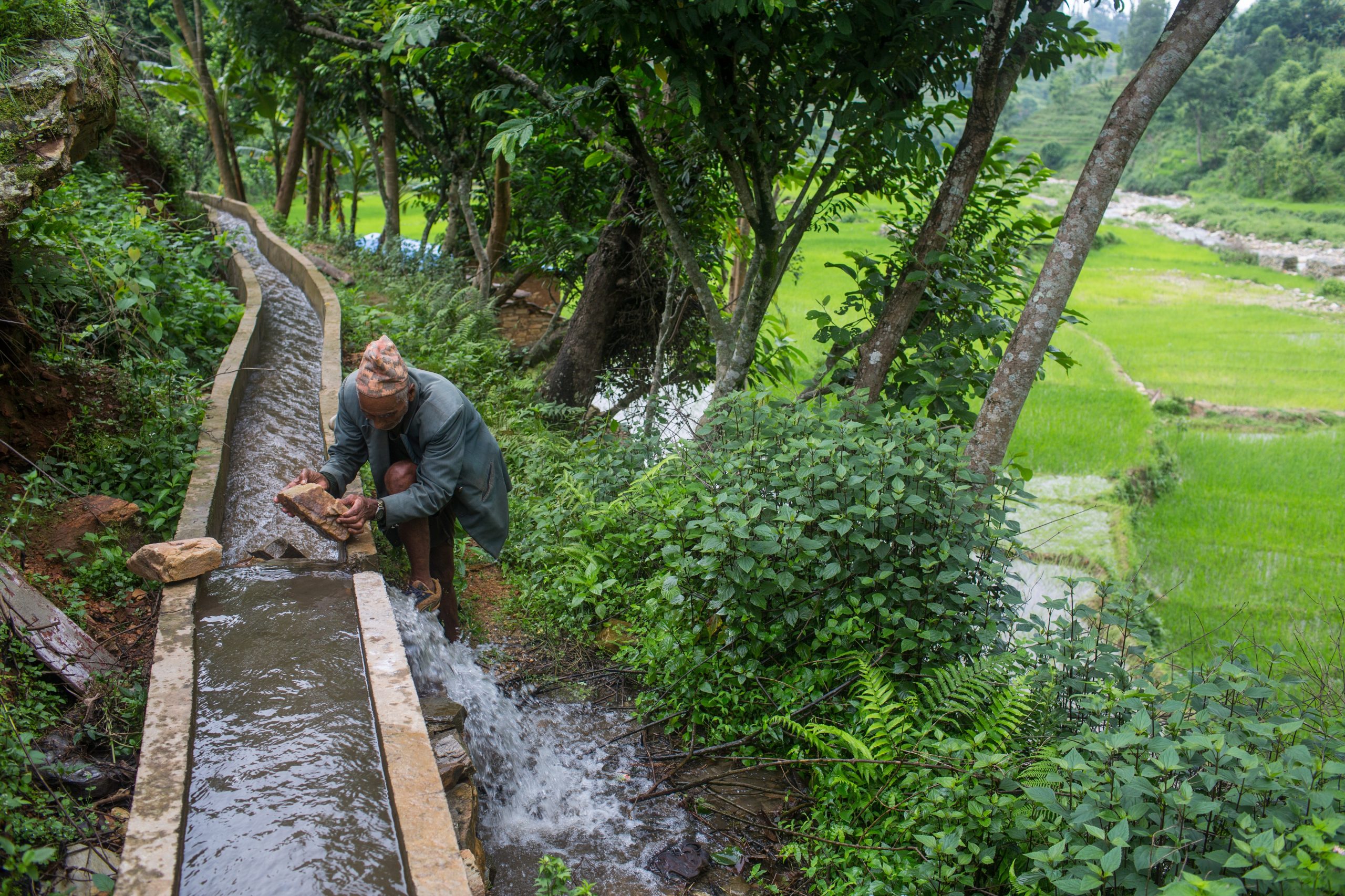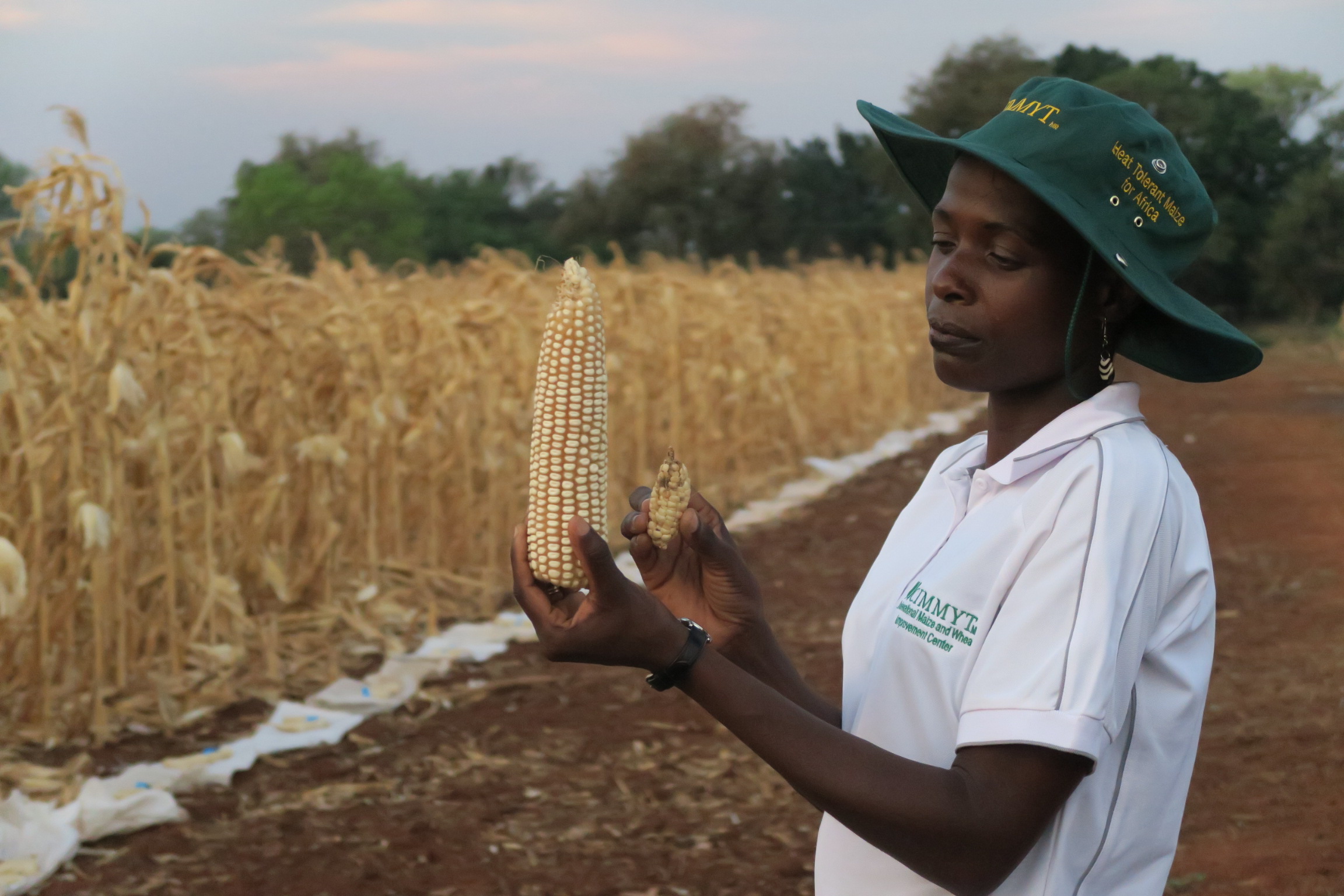Intensive cereal cropping systems that include rice, wheat and/or maize are widespread throughout South Asia. These systems constitute the main economic activity in many rural areas and provide staple food for millions of people. The decrease in the rate of growth of cereal production, for both grain and residue, in South Asia is therefore of great concern. Simultaneously, issues of resource degradation, declining labor availability and climate variability pose steep challenges for achieving the goals of improving food security and rural livelihoods.
The Cereal Systems Initiative for South Asia (CSISA) was established in 2009 to promote durable change at scale in South Asia’s cereal-based cropping systems.
The project’s aim is to enhance the productivity of cereal-based cropping systems, increase farm incomes and reduce the environmental footprint of production through sustainable intensification technologies and management practices.
Operating in rural “innovation hubs” in Bangladesh, India and Nepal, CSISA complements regional and national efforts and involves public, civil society and private sector partners in the development and dissemination of improved cropping systems, resource-conserving management technologies, policies and markets. CSISA supports women farmers by ensuring their access and exposure to modern and improved technological innovations, knowledge and entrepreneurial skills that can help them become informed and recognized decision makers in agriculture.
The project is led by CIMMYT with partners the International Rice Research Institute and the International Food Policy Research Institute and funded by the U.S. Agency for International Development and the Bill & Melinda Gates Foundation.
OBJECTIVES
- Promote resource-conserving practices, technologies and services that increase yield with less water, labor and input costs
- Impart new knowledge on cropping management practices, from applied research
- Improve access to market information and enterprise development.
- Strengthen policy analysis to remove constraints to the adoption of new technologies
- Build strategic partnerships and capacity to help sustain and enhance the scale of benefits of improved cereal growth
Core research to impact themes within CSISA include:
- Coping with climate extremes in rice-wheat cropping systems
- Accelerating the emergence of mechanized solutions for sustainable intensification
- Strengthening the foundations of agro-advisory and precision management through knowledge organization and data integration at scale
- Increasing the capacity of partners to conduct participatory science and field reconnaissance to target and prioritize development interventions
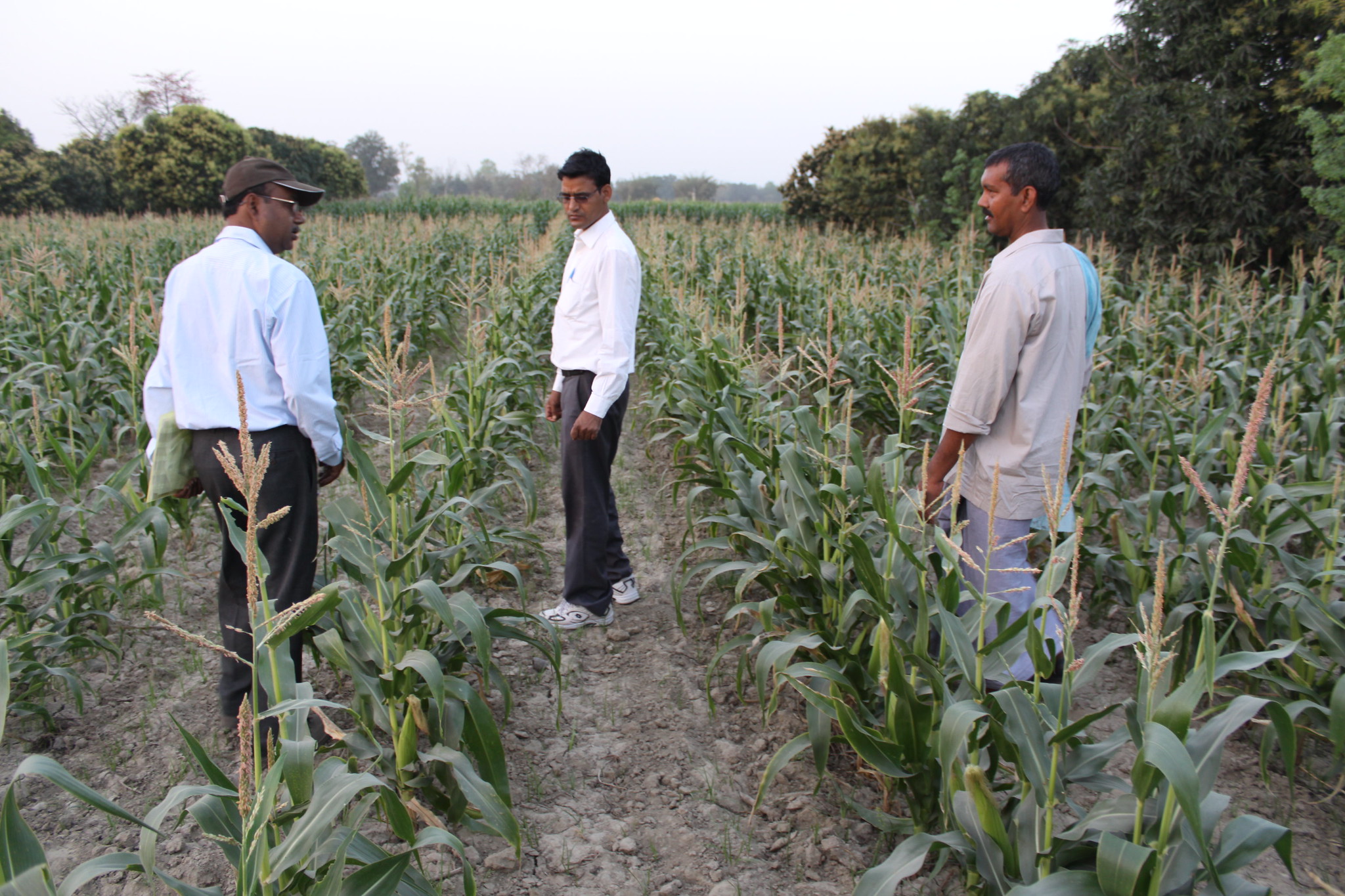

 Climate adaptation and mitigation
Climate adaptation and mitigation 